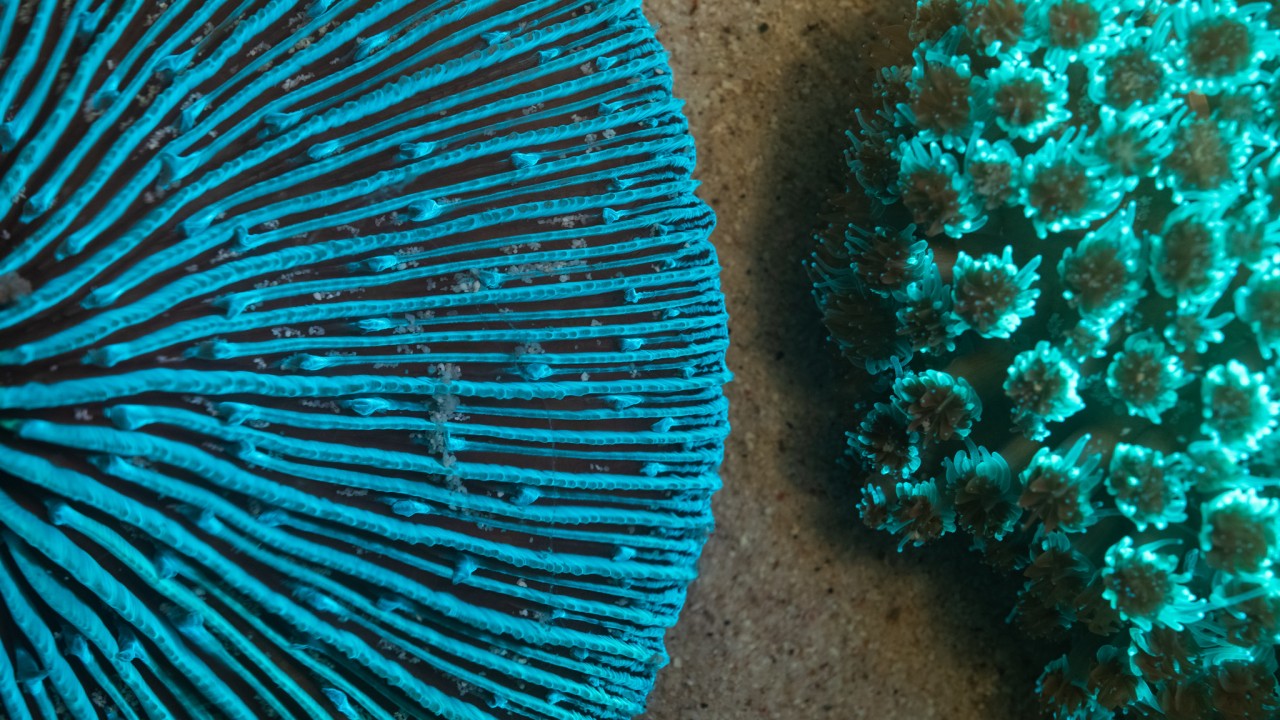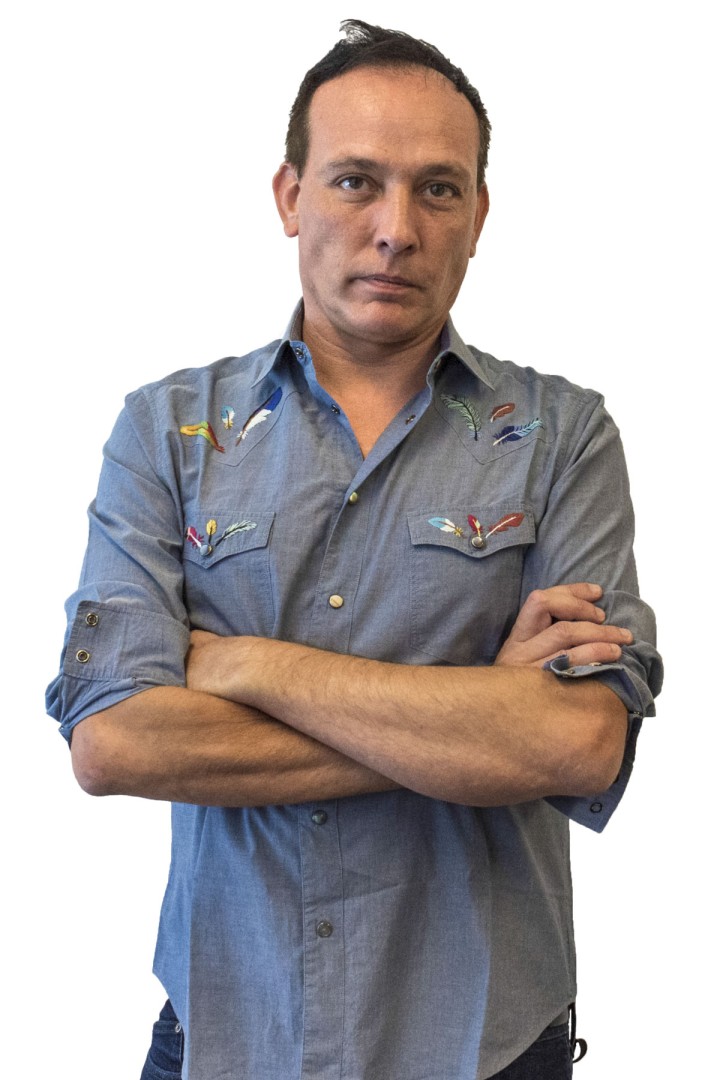R&D Leader
Timothy Ravasi (OIST, Professor)
Projects
Environmental monitoring research and development for the maintenance and promotion of a “healthy environment”
PI: Timothy Ravasi (Leader)
The Marine Climate Change Unit studies the mechanisms of acclimation and adaptation of marine organisms to the environment. We are particularly interested in looking at ecologically relevant issues in light of rapid environmental changes, such as climate change. Using the latest genomics approaches, we seek to identify the molecular pathways responsible for the acclimation and adaptation of tropical fish to rising ocean temperatures and acidification.
Coral eDNA project
PI: Noriyuki Satoh
Sequencing the genomes of the major marine phyla helps explain relationships between organisms, both in terms of large-scale evolution and within their ecosystems. The Marine Genomics Unit's ability to quickly sequence large genomes has made it the first lab ever to decode the genetic sequences of a coral and a mollusk. The unit also has found evidence of a common ancestor that links humans to sea stars.
Ocean-based CO2 Removal and Simultaneous Monitoring of Physical Oceanography and Ocean Biogeochemistry
PI: Satoshi Mitarai
The Marine Biophysics Unit examines how ocean currents affect the marine life of hydrothermal vents and coral reefs around Okinawa. Using buoy deployments, population genetics, computer modeling, remotely and wave-operated vehicles, and physical oceanographic measurements, the unit is mapping the Kuroshio current circulation, tracking larval dispersal, hunting for the source of an invasive coral-eating sea star, and monitoring plankton health.
Preservation and utilization of environmental resources through real-time monitoring of the terrestrial environment
The OKEON project, led by researchers at OIST, aims to foster an understanding of Okinawa’s complex ecosystems through collaborations between scientists and society. The project conducts various local environmental surveys with support from a wide range of organizations and people in Okinawa. OKEON works in cooperation with local universities, high schools, museums, and governments to connect people with their natural environment. The long-term objective is to inspire a generation that will continue to sustainably enjoy and appreciate the complex and beautiful environment that Okinawa provides.








